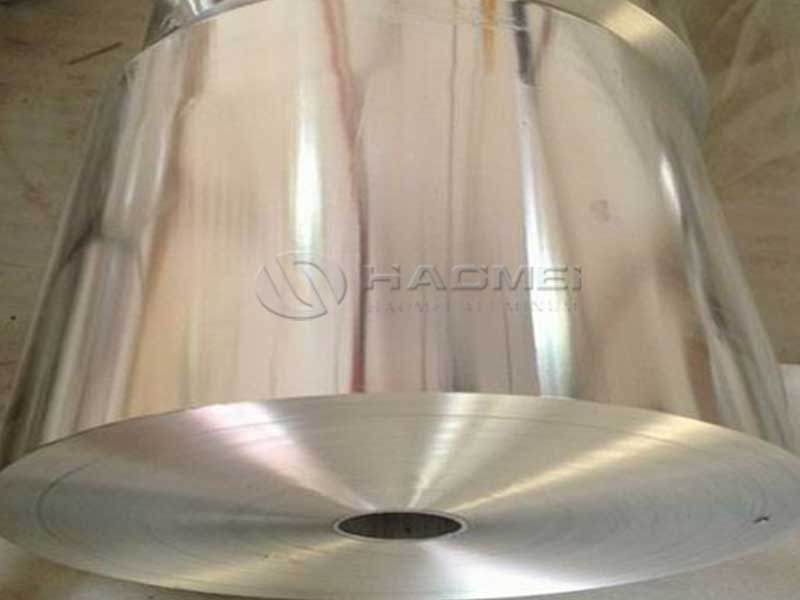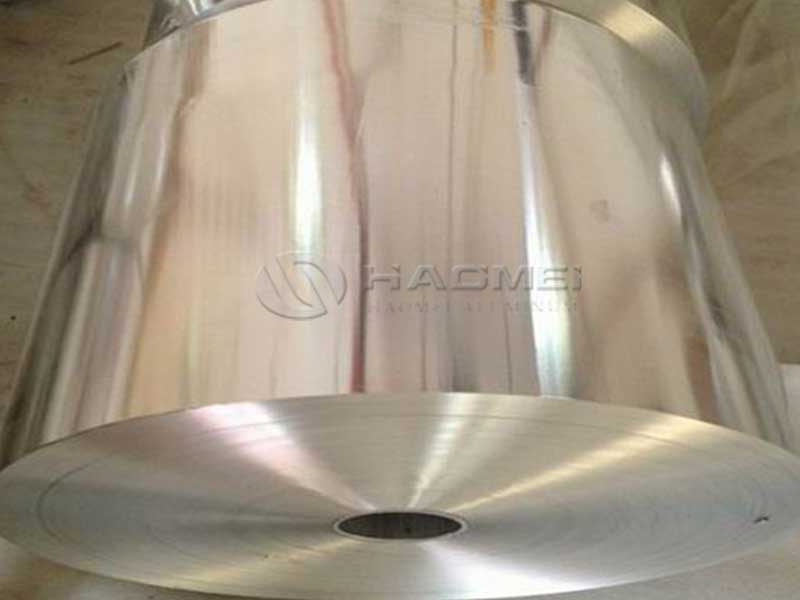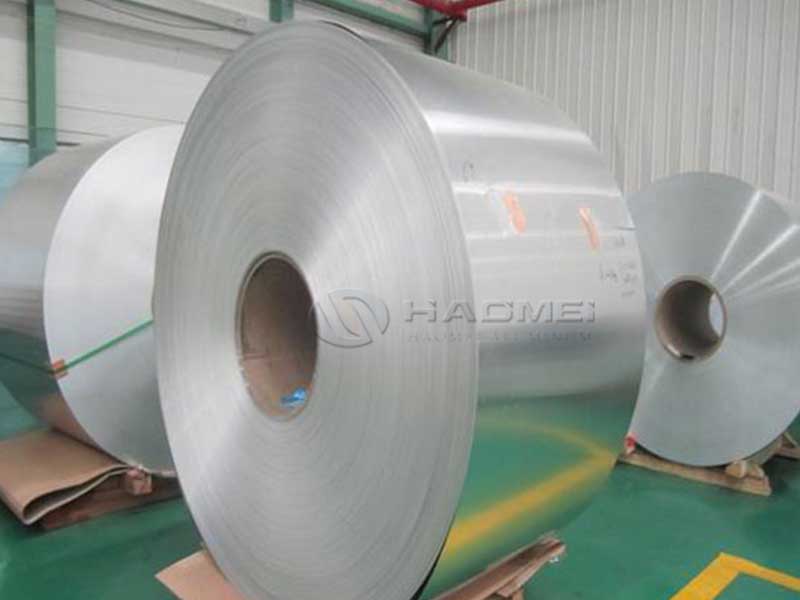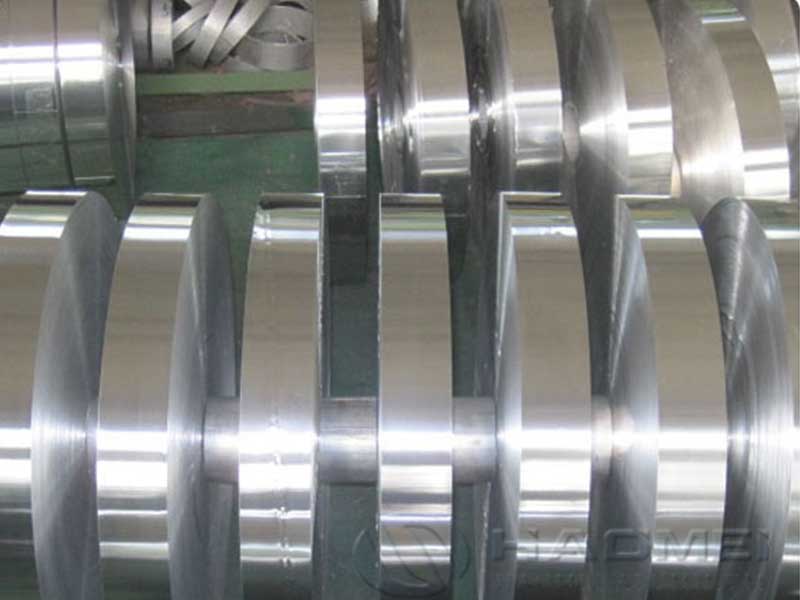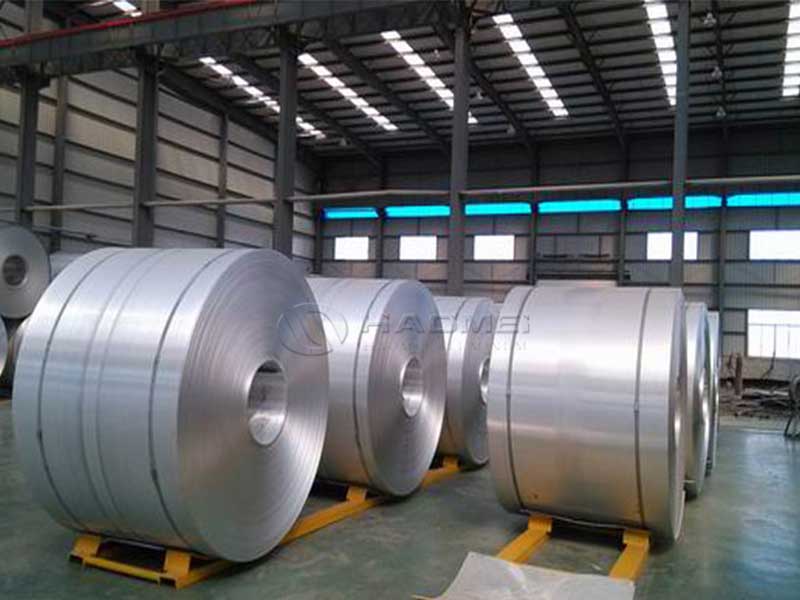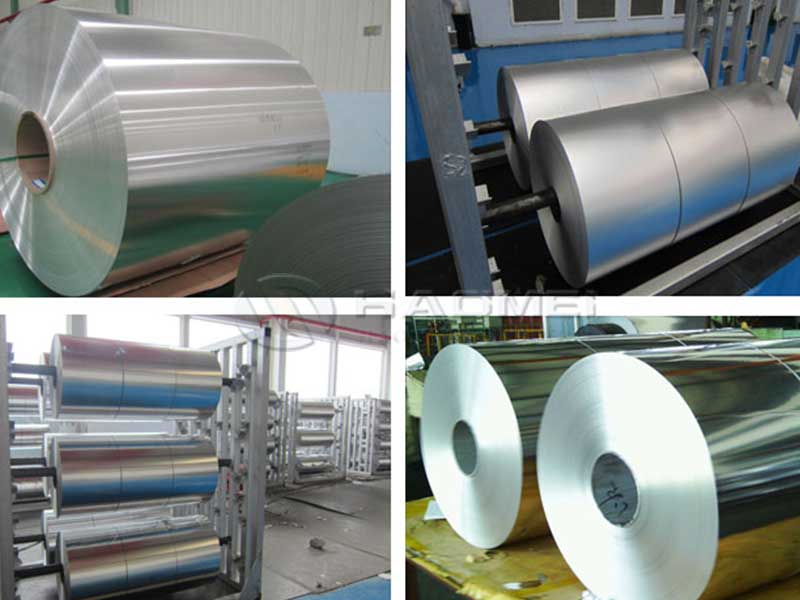Aluminum foil roll is an essential tool in both residential kitchens and various packaging applications. Known for its versatility, durability, and excellent barrier properties, aluminum foil serves numerous functions ranging from food storage to professional-grade packaging.
Functions of Aluminum Foil
Food Wrapping and Preservation: Aluminum foil keeps food fresh and inhibits light, moisture, and air, significantly prolonging the shelf life of various products.
Cooking and Baking: It is commonly used to line baking sheets, roast meats, and grill vegetables. The foil reflects heat while preventing excessive browning or drying of food.
Leftovers Storage: After meals, aluminum foil is perfect for wrap leftovers, effectively preventing spoilage in the fridge without introducing harmful plastics into your environment.
Presenting Food: It provides a sleek and glossy appearance, making it ideal for food presentation, especially for BBQs and festive gatherings.
Packaged Goods: Widely used in the food packaging industry, aluminum foil secures perishable items such as dairy, meats, and delis during transportation and storage.
Applications
| Application | Description |
|---|---|
| Home Kitchens | Wrapping prepared dishes, baking, and food storage. |
| Professional Catering | Used for serving and presenting gourmet dishes. |
| Industrial Packaging | Barrier packaging for snacks, ready meals, and chocolates |
| Pharmaceutical Industry | Protects sensitive materials from external elements. |
| Cosmetic Products | Used for ambient assembly & as a product wrapper. |
Technical Specifications
To understand the composition and reliability of aluminum foil, it is essential to consider its technical parameters. They include alloy tempering conditions, chemical properties, thickness, and standard roll weight configurations:
Standard Roll Types and Weight Configuration
| Thickness | Common Roll Sizes | Typical Roll Weight (Lbs) |
|---|---|---|
| 0.000625 inch (0.625 mil) | 12" x 50 ft | 0.35 |
| 0.001 inch (1.0 mil) | 18" x 500 ft | 1.03 |
| 0.0015 inch (1.5 mil) | 24" x 1000 ft | 3.00 |
Parameters
| Parameter | Detail |
|---|---|
| Alloy Type | 1235 and 8079 aluminum alloys |
| Tempering Conditions | H14 (half hardness), H24 (full hardness) |
| Yield Strength | 70-90 MPa |
| Elongation | 2% - 30% variation |
Chemical Composition
| Component | Chemical Symbol | Percentage (%) |
|---|---|---|
| Aluminum | Al | 99.0 - 99.9% |
| Silicon | Si | <= 0.30 |
| Iron | Fe | <= 0.05 |
| Manganese | Mn | <= 0.03 |
| Copper | Cu | <= 0.05 |
| Magnesium | Mg | <= 0.03 |
| Zinc | Zn | <= 0.05 |
Regulatory Standards and Certifications
Aluminum foils destined for food-related applications must conform to specific industry standards to ensure safety and quality. Essential certifications and compliance characteristics include:
- FDA Compliance: Establishing materials safe for food contact.
- EU Standards EN 12830: Regulating material use in foodstorage solutions with barrier properties against biological contaminants.
- ISO 9001 Certification: Standards of production quality management.
Advantages of Aluminum Foil Roll
Recyclability: Said to be one of the most sustainable materials, aluminum can be recycled with no loss in quality.
Barrier Properties: High moisture and oxygen barriers help retain freshness and prevent spoilage.
Malleability & Formability: Can be easily cut to size and shaped to fit any container, enhancing versatility in both domestic and commercial environments.
Environmentally Safe: When employed correctly, aluminum foil is safe to use with food and has relatively low environmental departure factors compared to some plastics.
Insulation Properties: Excellent thermal conductivity for efficient insulation in cooking applications replenishes building insulation satisfaction.


